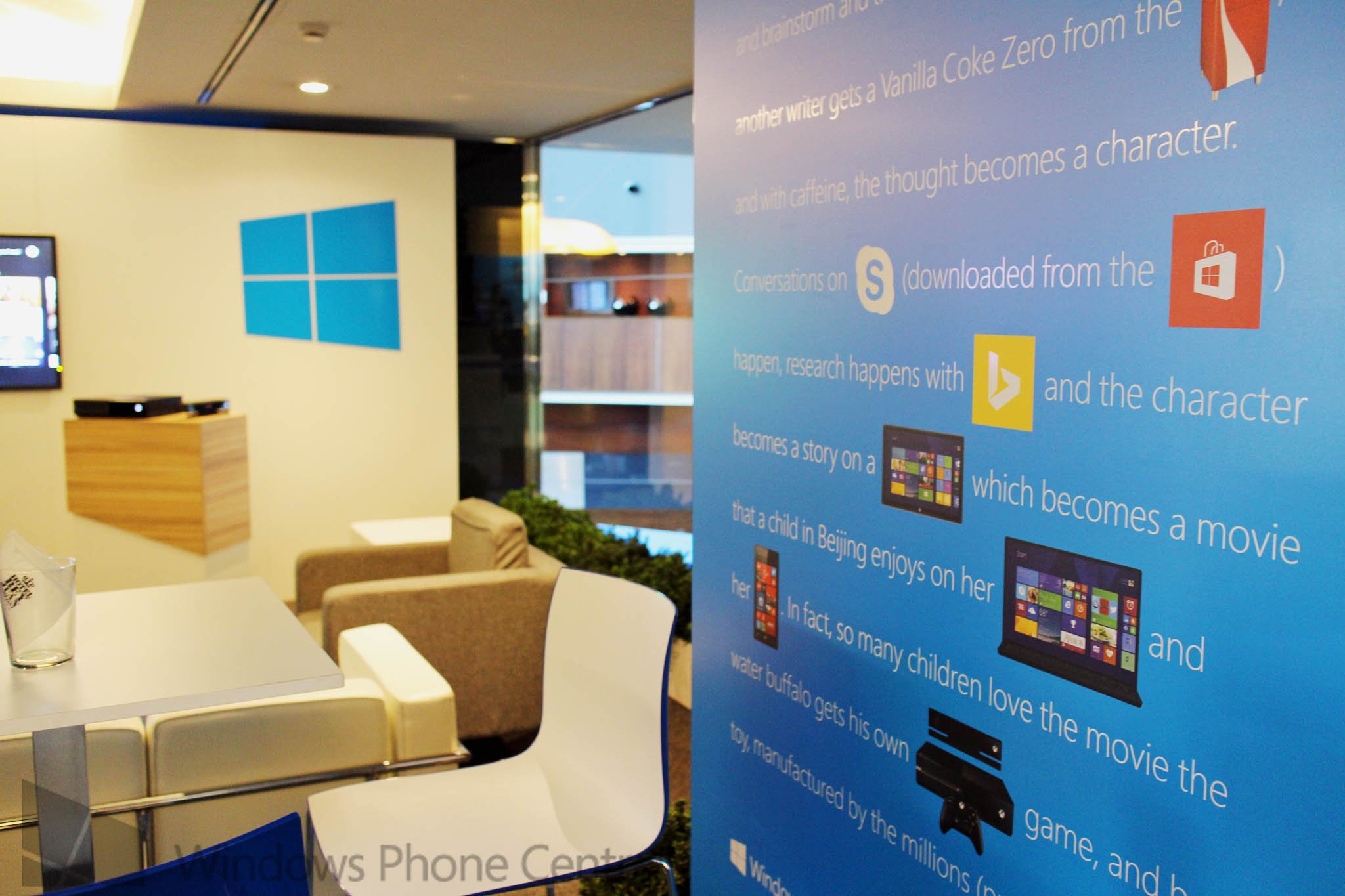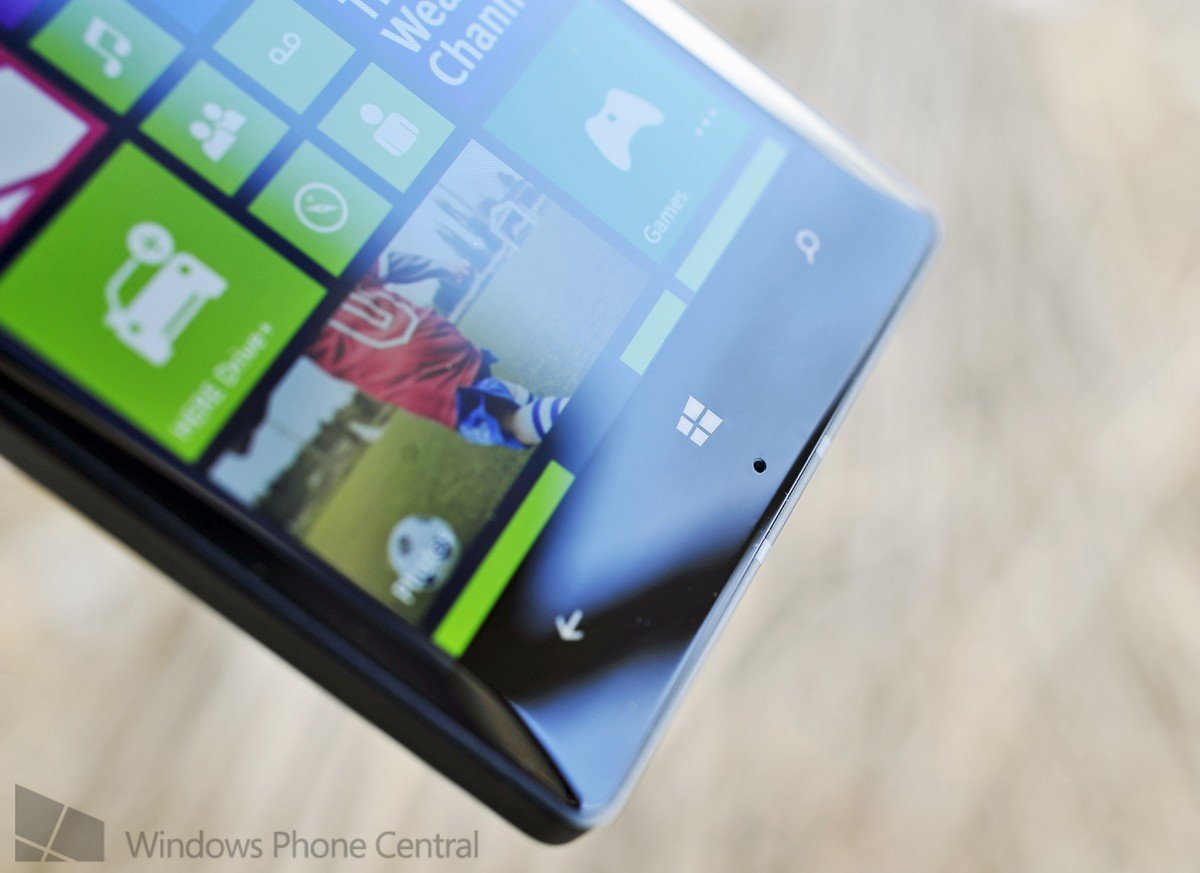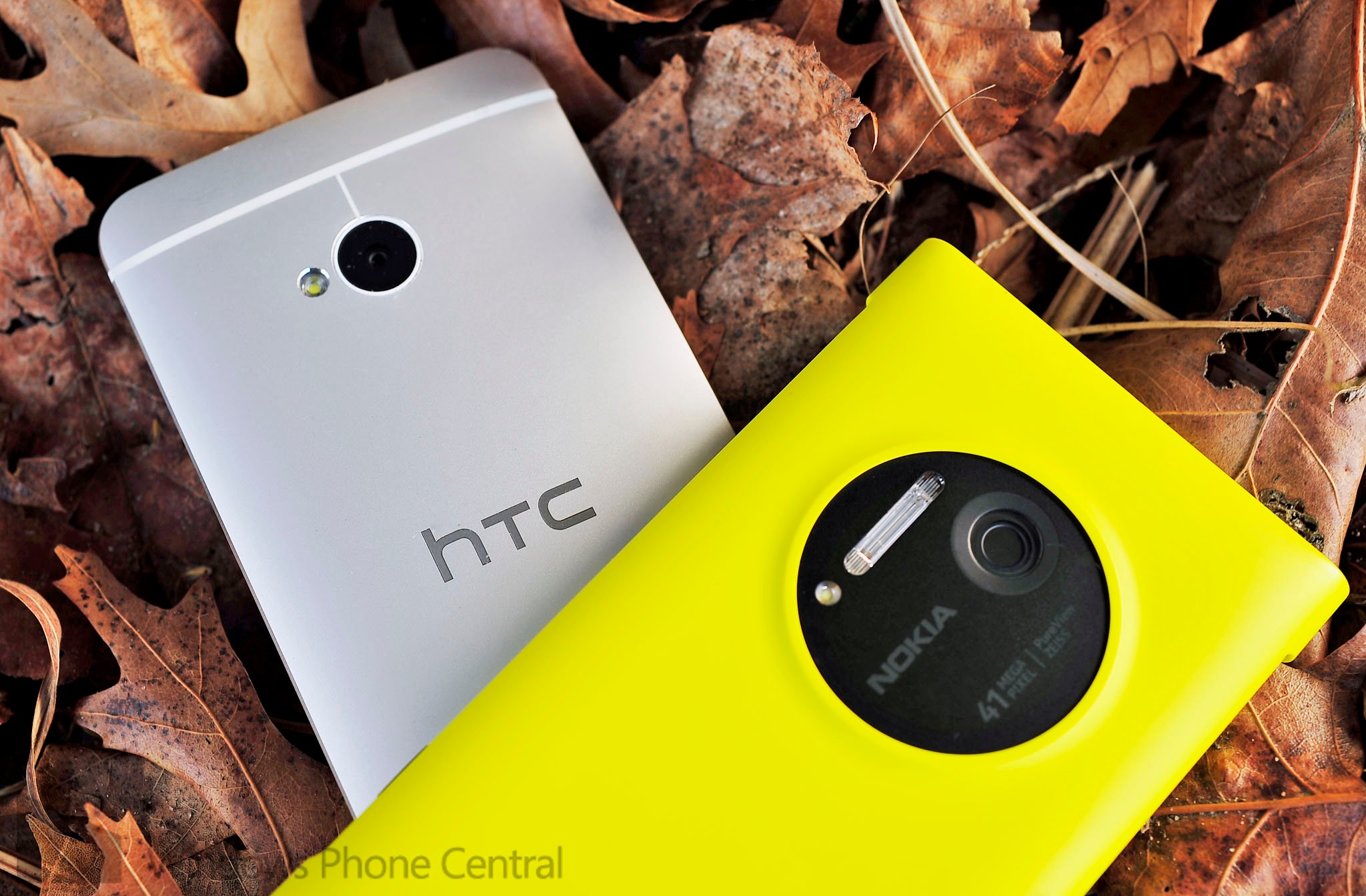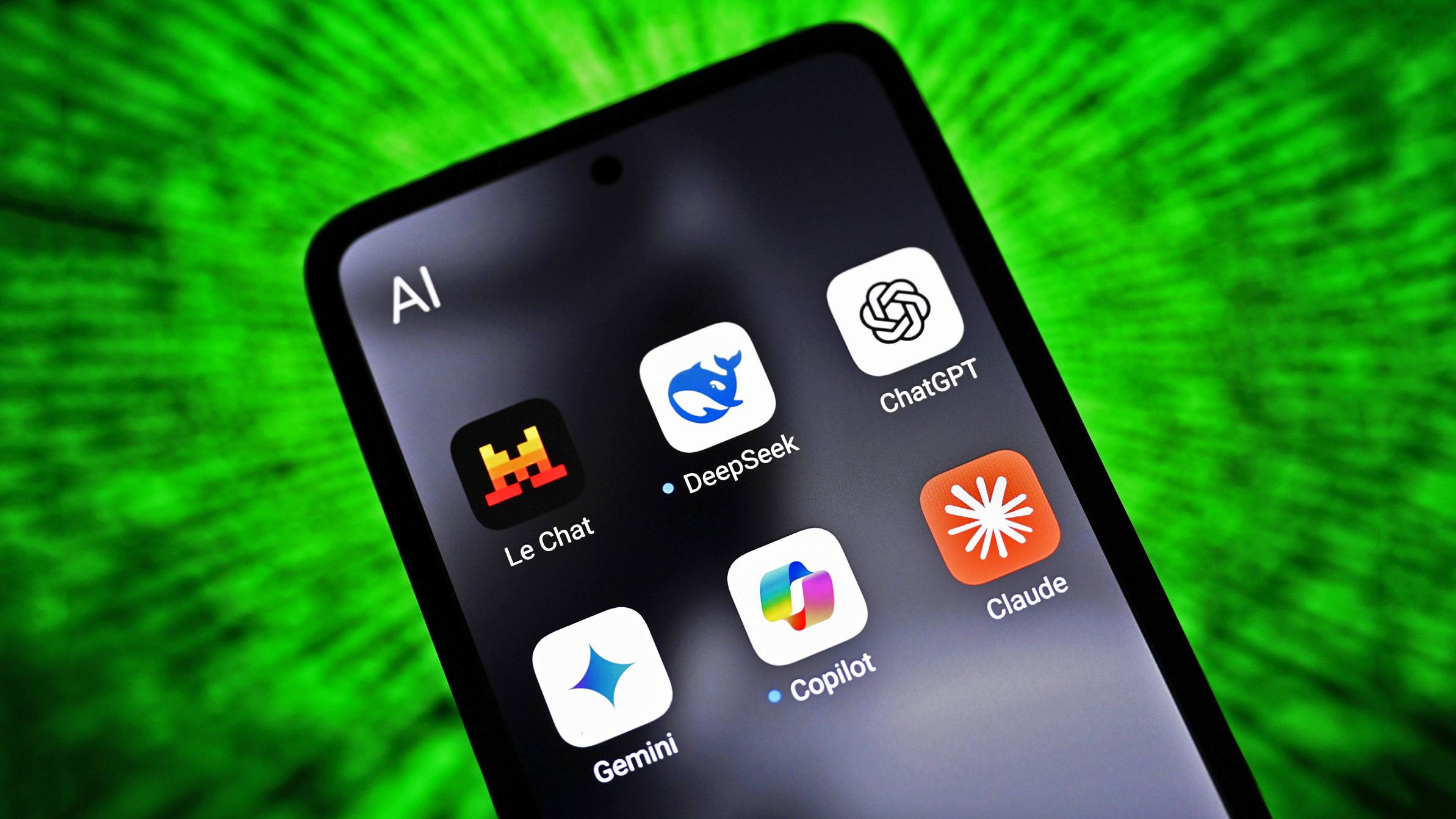Windows Phone is losing some hardware differentiation as Microsoft woos Android manufacturers

All the latest news, reviews, and guides for Windows and Xbox diehards.
You are now subscribed
Your newsletter sign-up was successful
A real quick analysis of today’s announcements by Microsoft, specifically in regards to Windows Phone, shows that Microsoft is loosening the belt on their mobile OS. Back when Windows Phone 7 Series was announced at this very event four years ago, Microsoft had set very strict hardware requirements in an effort to keep the user experience consistent and ensure a quality experience.
That’s a very different approach from Android, which has a more ‘anything goes’ method for hardware, resulting in proliferation of Android throughout the mobile market. Apple, of course does the opposite: they only make their own hardware, so there are no manufacturer opportunities.
Let’s look quickly at what Microsoft did today.
- Removed hardware key requirements, for front facing buttons and camera
- Added support for more Qualcomm Snapdragon chipsets, including the 200, 400 and 400 LTE versions for even lower-cost phones
- Reference design program through Qualcomm gives manufacturers a scaffold to start their own Windows Phone
What really happened though was Microsoft gave companies like HTC and Samsung a big chunk of freedom. HTC will especially benefit from this move as they simply don’t have the capital to re-design new Windows Phone hardware while battling for Android.
In essence, if you make an Android phone, you can now just toss the Windows Phone OS on there and sell that device. Sure, you still need 512 MB of RAM and 4 GB of internal storage, at the very least, but even Android has that as its bottom for low-end hardware. Microsoft, through Qualcomm and upcoming changes for Windows Phone 8.1, have essentially removed most, if not all, the barriers for companies like Samsung, HTC and even Lenovo.
Want an HTC One? HTC will now be in better position to throw Windows Phone on it, without having to reinvent novel hardware.
That’s really good news. Combined with the announcement of new hardware partners, like LG (who’s returning), Foxconn (an ODM, or original device manufacturer) and Lenovo, Windows Phone now stands a much better chance of being ‘mass produced’.
All the latest news, reviews, and guides for Windows and Xbox diehards.
We can also start officially yearning for a ThinkPhone.
The bad news is that unique things to Windows Phones won’t be required any longer. Those front buttons will be virtual soft keys for some new Windows Phone 8.1 hardware, the camera shutter button won’t be required either. So we’re losing a bit of what made Windows Phone unique.
OEMs can still do all of those things, but they’re just not required to. And because Windows Phone 8.1 can install apps and games to the SD card, manufacturers can leverage that to save costs on internal memory.

It’s of course too early to tell how well this will pay off. Microsoft has taken a lot of the hardware differentiation out of the equation, moving towards the Android model. But manufacturers still can’t touch the OS. No skinning. No deep level changes. That means the user experience should still be consistent, even as the hardware becomes more… universal.
Microsoft is certainly taking a play out of their Windows PC business here, specifically with how Windows 8.x devices are made and sold. Capitulation? Nope. To my eyes, it looks like Microsoft is confident that the Windows Phone brand and identity are now solidified, with companies like Nokia setting the path.
It’s time to put the boat out to sea and set her free.

Daniel Rubino is the Editor-in-Chief of Windows Central. He is also the head reviewer, podcast co-host, and lead analyst. He has been covering Microsoft since 2007, when this site was called WMExperts (and later Windows Phone Central). His interests include Windows, laptops, next-gen computing, and wearable tech. He has reviewed laptops for over 10 years and is particularly fond of Qualcomm processors, new form factors, and thin-and-light PCs. Before all this tech stuff, he worked on a Ph.D. in linguistics studying brain and syntax, performed polysomnographs in NYC, and was a motion-picture operator for 17 years.

